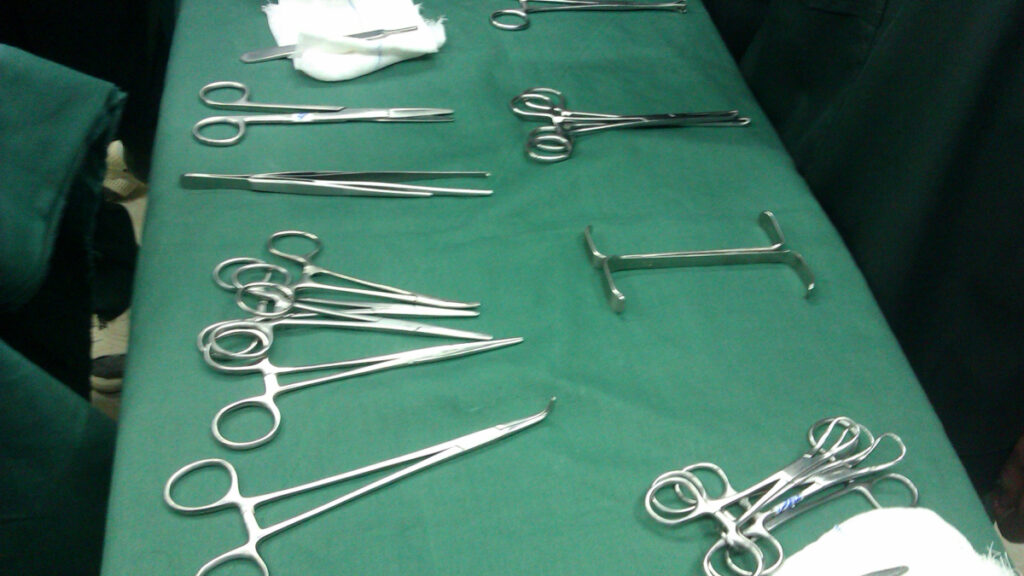Last updated on February 10th, 2020 at 04:38 pm
A bill in South Dakota — HB 1057, or “The Vulnerable Child Protection Act” — was passed by the state House of Representatives in Pierre on January 29. Now, LGBT activists are targeting the bill for defeat in the Senate. The National Organization for Marriage is running a petition to support the bill, directed to Members of the Senate Health and Human Services committee.
The South Dakota fight is a microcosm of a larger political struggle set to ignite around the nation. As reported by USA Today, “Chase Strangio, ACLU Deputy Director for Transgender Justice, said transgender rights advocates are geared up for a fight against HB 1057 and similar measures in Colorado, Oklahoma, Missouri, Illinois, Kentucky, West Virginia, South Carolina and Florida.”
Part of the strategy of transgender activists in defeating these measures seems to be perpetuating the lie that some medical interventions, such as “puberty blockers,” are fully reversible and have no lasting effects. But as iFamNews has reported before, this is both deceptive and dangerous.
The role of ideology in the debate clearly shows itself when one considers the rhetoric of those opposing the bill. Take, for example, the words of Libby Skarin, policy director for the ACLU of South Dakota, as reported by NBC News: she says that laws like the South Dakota one “stigmatize [gender confused kids] and undermine their care,” thus depriving them of ” a chance to experience joy, to learn in a safe environment, to get the health care that they need, and to survive into adulthood.”
These words seem shrill, to say the least, when considered alongside the actual common-sense proposals in the legislation, such as it prohibiting doctors from: “[r]emoving any otherwise healthy or nondiseased body part or tissue.” Indeed, radical interventions like hysterectomies and mastectomies performed for no medically-necessary reason on minors would seem far more likely to admit of abuse and to potentially inhibit kids’ “change to experience joy.” As to Skarin’s claim about these surgical and chemical treatments making it more likely for a gender dysphoric child to “survive into adulthood,” studies have indicated that suicide rates are generally higher in the trans community and that “post-transitional” trans adults are 19 times more at risk of suicide than the general adult population.
The South Dakota bill will be debated in committee on Monday, February 10th. Those concerned about protecting children from transgender ideology and its dangerous medical outcomes will be watching closely, because the consequences of this debate will reverberate well outside South Dakota alone.
